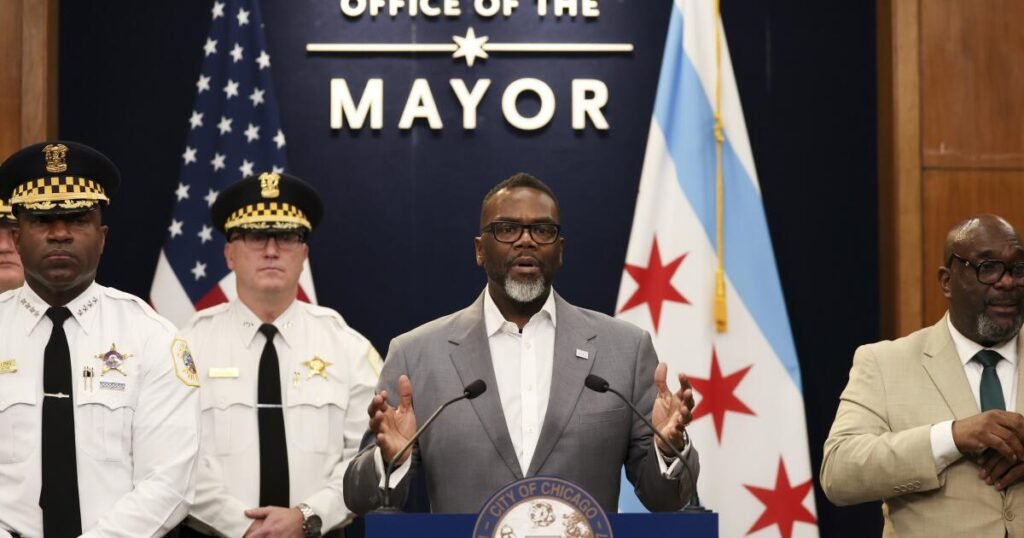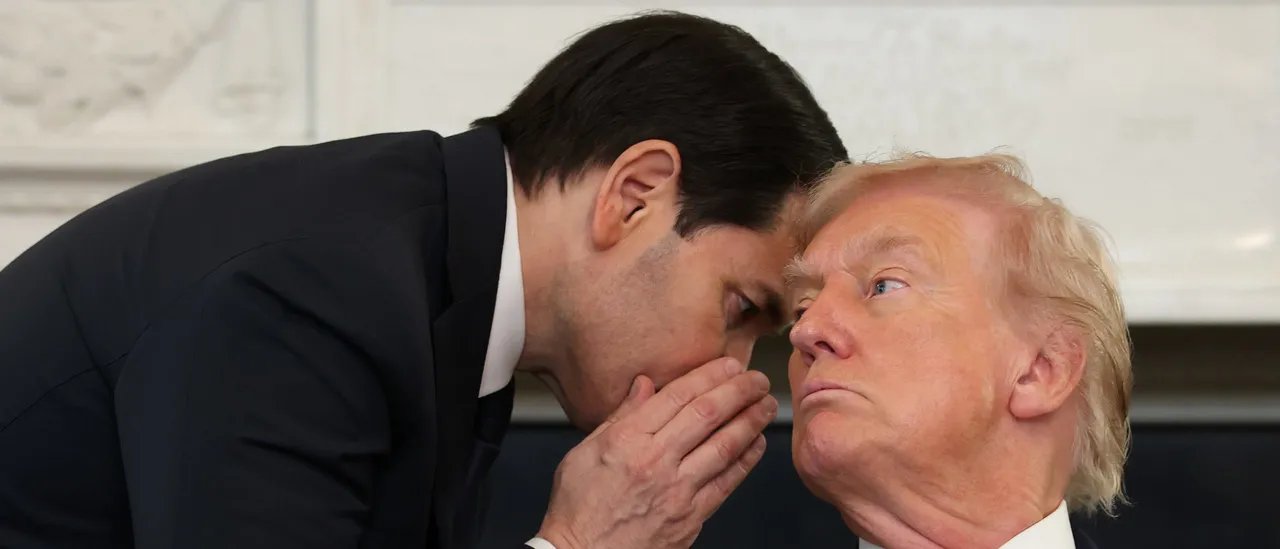Mayors Push Back Against Trump’s Characterization of Urban Crime
Last week, as President Trump labeled Washington, D.C., a crime-ridden area that needed federal intervention, several mayors critiqued his statements. They found his comments at odds with recent progress they’ve seen in their cities regarding crime reduction.
In fact, many mayors, particularly those from African American communities, are determined to highlight the achievements they believe have gone unnoticed. They see the federal government’s focus on law enforcement in the capital as a chance to counter Trump’s narrative about crime in major urban areas.
“This is our moment to push back against the rhetoric claiming that crime is escalating in our major cities. The data just doesn’t support it,” said one mayor.
Trump mobilized 800 National Guard members to Washington, and Republican governors from three states committed to sending additional forces, marking a significant increase in federal presence.
Republican leaders have also directed their attention to cities like Baltimore, Chicago, Los Angeles, and Oakland, portraying them as crime-ridden enclaves, notably under black leadership.
“The perception that these mayors are either black or Democrat hasn’t gone unnoticed within our groups,” said a mayor. “It’s unfortunate that this is the narrative we’re dealing with.” The federal measures have ignited a renewed commitment among mayors to promote their strategies for enhancing urban safety.
Crime Rates Show Improvement in Several Cities
In response to attacks, Trump suggested federal law enforcement needed to step in, referencing issues like homelessness and urban decay as signs of Washington’s decline. However, data from Washington’s police department shows that violent crimes are, in fact, down compared to the peak levels seen during the pandemic.
Chicago’s Mayor Brandon Johnson dismissed Trump’s comments, emphasizing that their city has seen a remarkable decrease in crime—over 30%, nearly 40% in just the past year. Los Angeles Mayor Karen Bass, who noted a 14% drop in homicides, condemned the federal clampdown in D.C. as nothing more than a stunt.
Baltimore has witnessed a historic reduction in both murders and non-fatal shootings this year, following a well-crafted violence prevention plan initiated under Mayor Brandon Scott in 2021. Scott criticized Trump for leveraging crime for political gain, asserting it undermines genuine efforts toward reducing violence.
“Trump’s approach to policing in black communities is damaging,” Scott stated, highlighting how funding for community anti-violence programs has significantly decreased under the current administration. Nonetheless, he remains committed to progressing despite the challenges.
In a recent report, Baltimore officials voiced optimism about continued declines in crime, with collaboration with community organizations recognized as crucial. “We’re heading in the right direction,” Mayor Barbara Lee stressed, reiterating the need for a comprehensive approach. After Trump’s critique of Oakland, Lee, a known opponent, labeled it “shocking.”
Community leaders agree that the drop in crime could easily be overshadowed by Trump’s persistent negative framing, hindering efforts to foster community safety. Nicole Lee from Urban Peace Movement attributed much of the progress to local organizations, emphasizing their role in cultivating community safety.
Lee expressed concerns that increased militarization would instill fear within the community, rather than promote safety.
Concerns Over Federal Patrols and Youth Curfews
In Washington, various federal forces are actively policing areas, including national parks. Although the National Guard is unarmed, questions linger about their specific role in maintaining order.
Some mayors have conveyed a desire for collaboration with federal entities but emphasized that military-style presence isn’t the answer. They argue that federal support should focus on tackling issues like gun trafficking rather than an armed response.
There’s also talk about potential curfews for young people, but this, according to Lee, could further marginalize youth, criminalizing them for simply being out after hours.
A Period of Waiting and Observing
Currently, mayors, including Johnson, are observing how D.C. Mayor Muriel Bowser manages federal intervention. Bowser has had to balance criticism with collaboration, especially as tensions escalated with the drug executive situation last week.
Johnson commended Bowser for her composure under pressure, noting that black mayors are accustomed to navigating these challenges with resilience. “We adapt, and we persevere,” he remarked.







